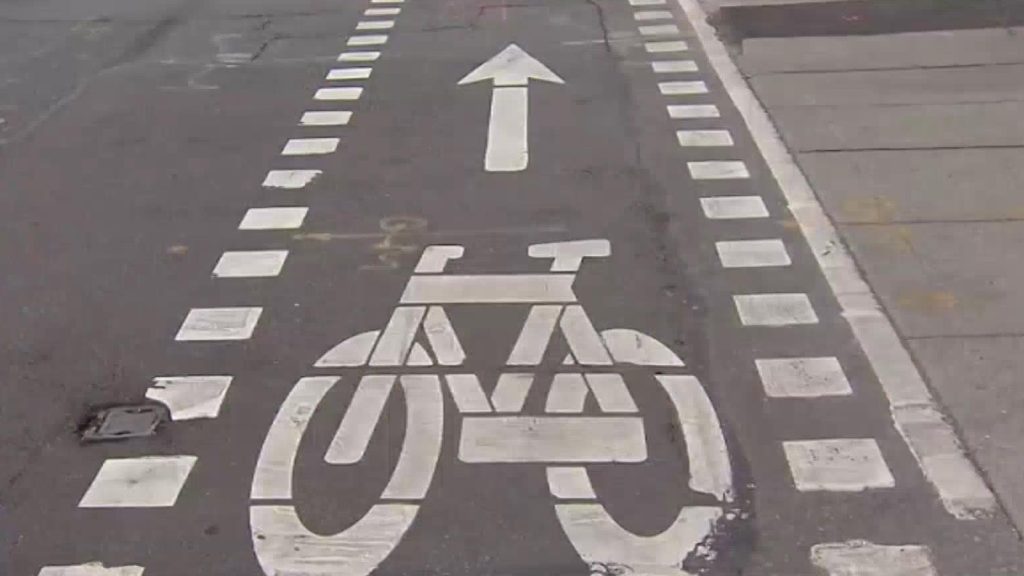Toronto clinics concerned over losing funding for free HIV self-tests
Posted February 21, 2024 5:22 pm.
Last Updated February 21, 2024 7:20 pm.
The Parkdale Queen West Community Health Centre has seen firsthand the impact free HIV self-tests have had on the community and is concerned about the potential impact if funding for the tests runs out.
The program that offers free at-home tests to the community was launched a little over two months ago and aims to make testing as low-barrier and approachable as possible.
“It empowers people … It gives people the option to take charge of their own health and get tested,” said Arpa Azmila, the HIV testing lead at the clinic.
Anyone can visit the clinic and request a kit. After which they’ll be educated on how to use it and given some extra resources to help them through testing and after.
Kayley Bomben is one of the client support workers who walks them through the process and provides those resources, including hand warmers.
“We are in the colder months and we do on occasion give out tests to our unhoused folks … we also give out flashlights for if someone wants to bring it back to their tent,” explained Bomben.
Demand for the free tests has only grown since the Parkdale Queen West clinic began offering them in December, but it could come to an end just as it’s getting started.
The program is federally funded and advocates say the funding may only last for a few more weeks.
Prossy Luzige, who works at a community-based healthcare centre in York Region, said this year alone, the centre has given out over 600 kits.
“We still have many people who are undiagnosed and don’t know their HIV status,” said Luzige.
“It is a game changer because testing for HIV is not an easy thing. It is something which is very hard. It takes time for an individual to make a decision to do it by themselves. So making it available and giving them options and addressing the barriers, it definitely increases access.”
And the need is only growing.
“It empowers an individual to take charge of their lives, to take charge of their health, to take control, to make this option as one of the options which addresses the barriers, including stigma discrimination.”
She worries about what could happen if there are no more to give at the end of next month.
“It is a huge impact and it leaves us with so many questions on what to do next. How do we address this huge problem?”
“I would like to call upon the government, our government, to reconsider and invest in this project as a commitment made to ending HIV by 2030,” said Luzige.
The Public Health Agency of Canada said it is “continuing to explore options to make HIV self-test kits available to community-based organizations after March 31.”








